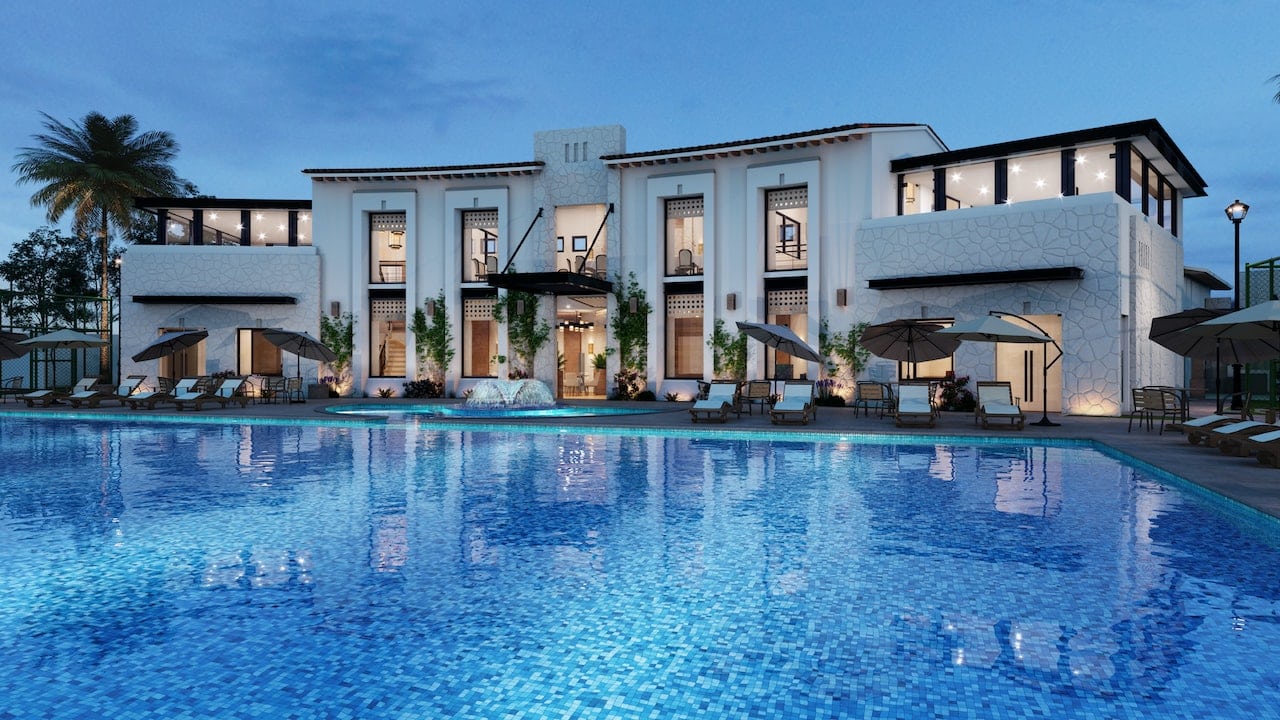Now more than ever, businesses in the hospitality industry need to provide a safe, secure, and comfortable environment for their customers.
Part of that responsibility comes in providing reasonable protection against hazards. There are significant risks to businesses in the hotel and hospitality industry that other businesses don’t face.
For example, not all businesses have an environment with a drowning risk in outdoor pools or deal with commercial kitchens that have significant hazards. And the COVID-19 pandemic has only added increased risks in the form of potential exposure to the virus. If you are not protected against these risks, you could end up paying in the long run.
Hospitality insurance is designed to protect your business from everything from natural disasters to slip-and-fall accidents to business interruptions that could cause your business to close.
But there are still significant decisions that need to be made in terms of which types of coverage your specific business needs. Here’s a brief guide to the types of hospitality insurance coverage every hotel and motel should consider.
Types of Hotel and Motel Hospitality Insurance
There is a wide range of hotel and motel hospitality insurance available to choose from, ranging from general to specific. These include:
General Liability Insurance
An essential for every business, general liability insurance protects business against claims filed for injuries and damages that occur on their premises. This includes protection against personal injury claims, damage of customers’ property, reputational and advertising injury claims made against you, and costs related to these cases.
Business Property Insurance
Business property insurance is useful for hotels, since it covers equipment such as furniture, computers, outdoor landscaping, and other inventory and property kept at your business.
Worker’s Compensation
Worker’s compensation provides for workers who have been injured on the job and also protects employers from employee lawsuits. It is required by law in many states, although some states set some restrictions, such as only requiring this coverage if a business meets a minimum number of employees.
Business Umbrella Liability Insurance
In cases where your general liability, auto, or other coverage doesn’t fully cover the costs of an insurance claim, umbrella liability insurance may help make up the difference. This type of insurance is optional, but it can be a smart investment.
An umbrella policy offers additional liability limits above what general commercial liability and business auto policies offer. It may not be easy to determine how much umbrella coverage is needed, but you can speak with an experienced insurance agent from Bethany Insurance to review your options and what umbrella liability coverage could be beneficial for your business.
Business Interruption Insurance
This type of insurance can be essential for hotels, and it has been thrown into the spotlight by the circumstances of the current pandemic.
Business interruption insurance can help mitigate losses when extreme conditions stop a hotel or other business from functioning productively. For example, it can protect a hotel against a reduction in income in times of catastrophe (such as the current pandemic).
It can take time for a hotel to get going again after a severe loss, even if there are no insurance claims complications. Some of the hotel’s running costs are fixed, regardless of a global pandemic. This is where business interruption insurance comes into the equation. Many hotels can’t absorb the losses when a pandemic happens, so they need the right hotel insurance in place to protect them.
Some insurance policies come with coverage periods of up to 36 months, so no matter what has affected your hotel or hospitality business, you have the insurance to cover it.
Additional Types of Coverage
Depending on your hotel’s size, specific amenities and services offered, location, and other factors determining risks, you may need to consider additional types of coverage. For example, if your hotel includes a restaurant or other food services, you may need coverage specific to restaurant insurance; for example, product liability insurance, and if you serve alcohol, liquor liability insurance.
Amenities such as a pool could increase risk of drowning or other injuries and require additional umbrella insurance.
Depending on your amenities, cyber liability insurance could also be recommended to protect you from customer lawsuits if your systems were breached.
What Affects the Cost of Hotel Insurance?
Just as they affect the risks you face, factors including anything from your establishment’s location to the type of services you offer to the size of your hotel can change the cost of your hotel insurance. If you run a bar and serve alcohol from your hotel, you’ll notice that your insurance costs will likely be higher. This is true if you have a pool or require bigger and better security, too.
Although budget will always be a consideration, ultimately, the best investment will be in coverage that prevents you from incurring far greater expenses down the road.
You need to ensure that you have the right hotel insurance if you want to run a compliant, protected business, and hopefully this brief guide to hospitality insurance has helped. For more information on the insurance that can best protect your hotel or motel, call Bethany Insurance today at 909-414-1877.




